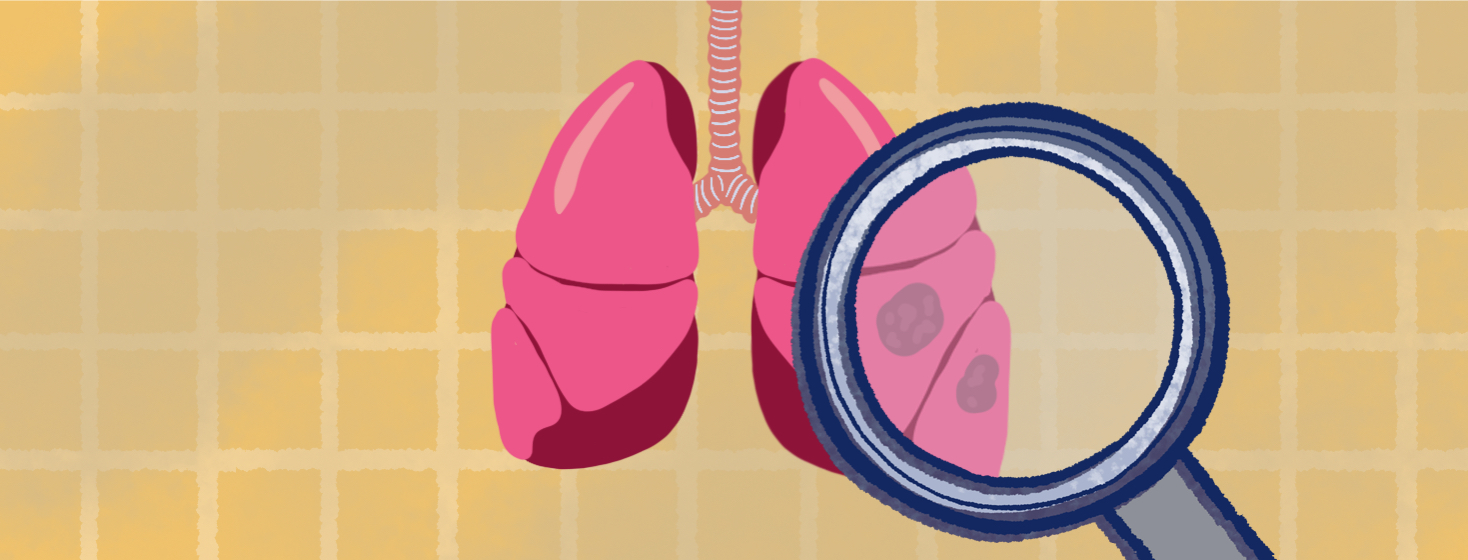Let’s Make Every Day Lung Cancer Screening Day!
You’ve heard the adage about preaching to the choir. Well, I see an analogy in the lung cancer community. After someone has been diagnosed with lung cancer, lung cancer screening no longer is applicable. Lung cancer screening is designed to catch cancer early while there is still a chance for a cure. My own lung cancer diagnosis was caught early - not through screening - but as a fluke.
Lung cancer advocates fought for greater screening awareness
When I was diagnosed 17 years ago, there were no lung cancer screening protocols. Advocates fought long and hard to get lung cancer screening approved.
I know that many of us diagnosed would not have qualified for screening. But, frankly, being a lung cancer advocate is not all about you. It’s about how you can help others potentially not have to suffer like so many have. Lung cancer screening is for folks who have not yet been diagnosed. There are thousands upon thousands who could benefit from lung cancer screening.
Know the fact about screening
Do you know someone who may be a candidate for screening? If so, and if you consider yourself an advocate, you have a responsibility to share information about screening with that person.
You also have a responsibility to know the basic facts about screening. For example, do NOT advise someone to get an X-Ray, PLEASE. X-Rays do not capture cancer as a CT scan does. The CT scan can detect a tiny nodule and an X-Ray can miss a large mass.
Take a few minutes to be informed and know the facts about screening. Then demonstrate your advocacy and concern for others by sharing the information that may save someone’s life.
What are the screening qualifications?
Let’s reach out - beyond those of us already in the lung cancer community - and share potentially life-giving information with people who know nothing about lung cancer screening. It’s usually 100 percent covered by insurance, with no co-pays. It’s covered by Medicare, Medicaid, and most other insurance.
Here are the qualifications:
- Age 50 or older
- History of smoking an average of a pack a day for 20 years. (Or any combination of packs and years that equal more than 20 pack years. For example, two packs a day for 10 years.)
- People who currently smoke.
- People who quit smoking within the past 15 years.
It may be possible to get screened even if you do not meet these guidelines. For example, if there is a strong family history of lung cancer in your family or perhaps high radon levels were discovered in your home. Talk to your provider about getting a low-dose CT scan to rule out the possibility of lung cancer, or potentially catch it early. A lung cancer screening facility near me in Greensboro, NC, considers individual situations, such as these. Then, if appropriate, they will screen that person. Sometimes the peace of mind that comes from screening is sufficient justification. However, keep in mind, low-dose CT scans given year after year to low-risk individuals could eventually actually cause lung cancer.
Let's support each other and spread awareness
And, please, for those of us who would not have qualified for screening, stop being critical of the guidelines because they would not have helped you. Yes, we all want more inclusive lung cancer screening protocols. But if we can’t convince those considered high-risk to get screened, it is doubtful the screening protocols will ever be expanded to include others, especially those without a history of smoking.
Let’s show some selfless care for others by sharing lung cancer screening information with those who may benefit from it.
November 12 is officially National Lung Cancer Screening Day. But any day is a good day for qualified candidates to get screened for lung cancer.
Read more about the USPSTF Lung Cancer Screening Guidelines.

Join the conversation